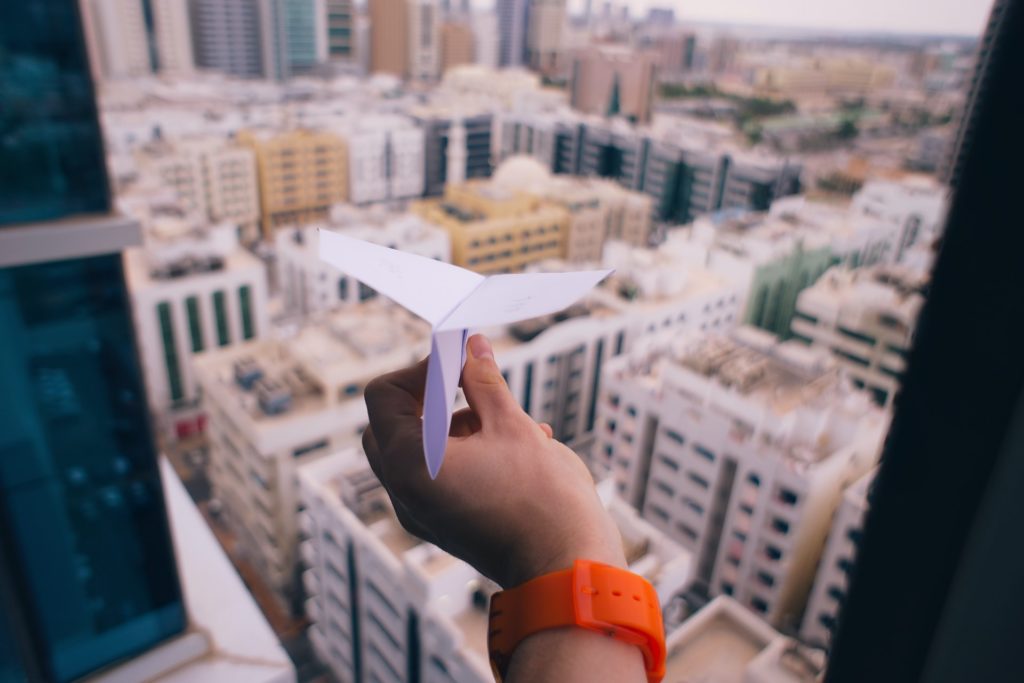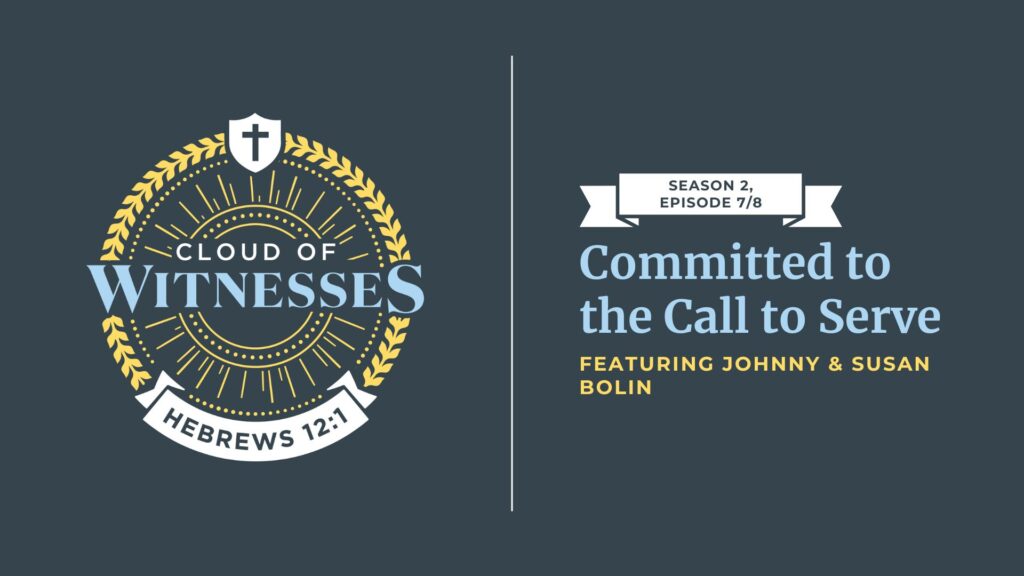If you aren’t taking any risks, then you probably aren’t doing it right. The ability and desire to take risks can be counterintuitive to many people, but it is good and necessary to take the right kind of risks.
James chapter 2 gives us two examples of faith in action: Abraham and Rahab. Both of them risked everything in faith to God. Abraham risked everything by both leaving his homeland and sacrificing his heir, Isaac. Rahab risked everything by hiding the Hebrew spies and helping them to escape from Jericho.
As parents, neighbors, and churches, we should provide an environment that encourages risk-taking. We should provide an opportunity for appropriate risk-taking in faith. Safety should not be our primary goal. The safest thing to do would be to stay near our family safety net, live in America where employment rates are high, find a good, stable job. But sometimes risks are necessary for growth and the demonstration of love for others.
I’m not arguing to financial irresponsibility—just the opposite. Good financial management is the starting point for appropriate risk-taking. How many people are hindered from becoming missionaries because of financial instability? How many people have had to leave ministry positions because of debt or financial mismanagement? Those who have been good stewards of their financial resources (like Abraham, for example) are in a position to take large risks in faith, and they have also gained the wisdom to do it appropriately.
When I was preparing to become a missionary, many people told me to be “flexible.” Now I have said the same thing to many missionary candidates myself. And I’ve learned first-hand that this “flexibility” extends to many areas of life, especially in personal finance. It is extremely difficult to be flexible when you have no margin in your budget or if you have debt payments. Properly managing your personal finances can give you the flexibility to handle unexpected situations in ministry and on the mission field.
Thankfully, the Bible gives us plenty of instruction about church leaders managing their personal life and finances.
… one who manages his own household competently, having his children under control with all dignity. (If anyone does not know how to manage his own household, how will he take care of God’s church?) (1 Tim. 3:4-5 CSB)
Deacons, likewise, should be worthy of respect, not hypocritical, not drinking a lot of wine, not greedy for money, (1 Tim. 3:8 CSB) … Deacons must be husbands of one wife, managing their children and their own households competently. (1 Tim. 3:12 CSB)
But if anyone does not provide for his own, that is his own household, he has denied the faith and is worse than an unbeliever. (1 Tim. 5:8 CSB)
In light of these passages can we consider household stewardship to be a spiritual discipline?
We can see that the characteristics listed before stewardship give us a context for what stewardship really means in 1 Timothy 3.
…the husband of one wife, self-controlled, sensible, respectable, hospitable, an able teacher, not addicted to wine, not a bully but gentle, not quarrelsome, not greedy… (1 Tim. 3:2-3 CSB)
We can see that stewardship is a complex characteristic because it is made up of multiple root characteristics. Self-control, hospitality, sensibility (able to evaluate priorities and ideas), moderation (not extravagant or immodest), humility, and generosity (not greedy). All of these characteristics are aspects of biblical stewardship.
The Bible doesn’t explicitly state that missionaries, pastors, or other church leaders would be disqualified from ministry for having debts, but having significant or burdensome debt could be considered an indication of household mismanagement. We can further see that an inability or unwillingness to pay outstanding debts would be a serious problem in light of Romans 13:7-8.
Pay your obligations to everyone: taxes to those you owe taxes, tolls to those you owe tolls, respect to those you owe respect, and honor to those you owe honor. Do not owe anyone anything, except to love one another, for the one who loves another has fulfilled the law.
I think it is important to note that these passages primarily focus on the positive presentation of the characteristics and exhortations. For example, Paul doesn’t present the case that mis-managers are disqualified from ministry; he states it in a positive description. “An overseer must be… one who manages his own household competently” (1 Tim. 3:2-4). This presents not only a qualification for leadership but an encouragement to all believers on how to properly behave as Christians in our families and communities.
I can speak from personal experience that good personal financial management can significantly reduce stress and increase our flexibility in ministry on the mission field. As the 1 Timothy 3:5 indicates, personal finances also have a significant impact on our generosity and hospitality in managing church leadership roles and ministry responsibilities.
Based on these biblical principles, I would encourage church leaders, missionaries, missionary candidates, anyone who is interested in missions, and Christians in general to practice good financial stewardship for the benefit of both their family and the ministry of the church. We should avoid greed and debts while seeing to pay all our obligations and show tremendous generosity and hospitality. In this way, we will be obedient to Christ’s biblical instructions to us, as well as being of best service to him in church ministries.
Ready to serve? Talk to our team about the finances, the risks, and the rewards of serving the Lord in missions.





